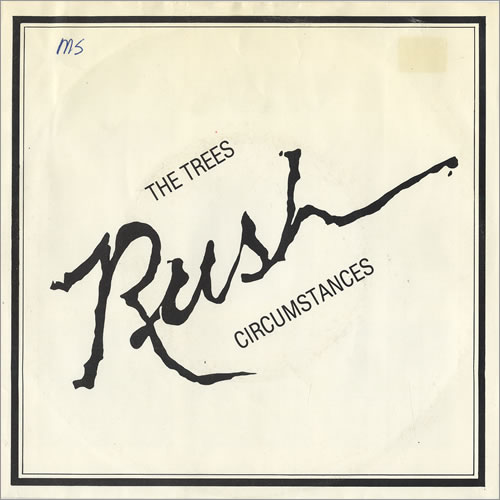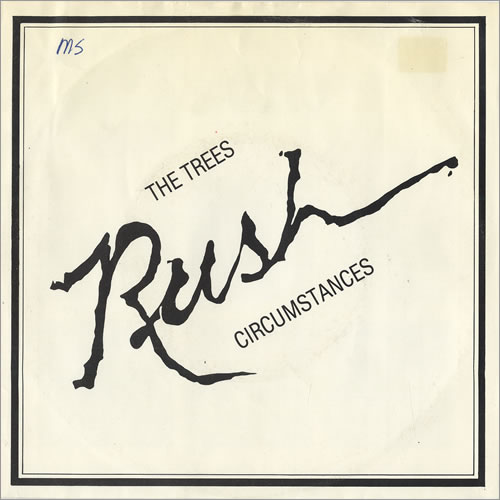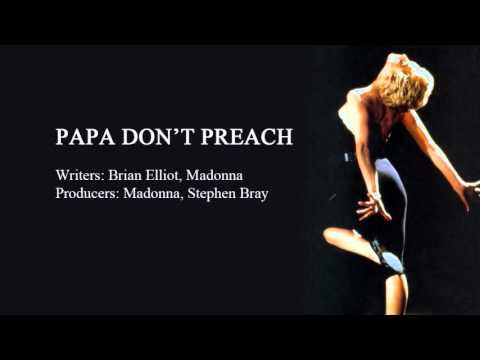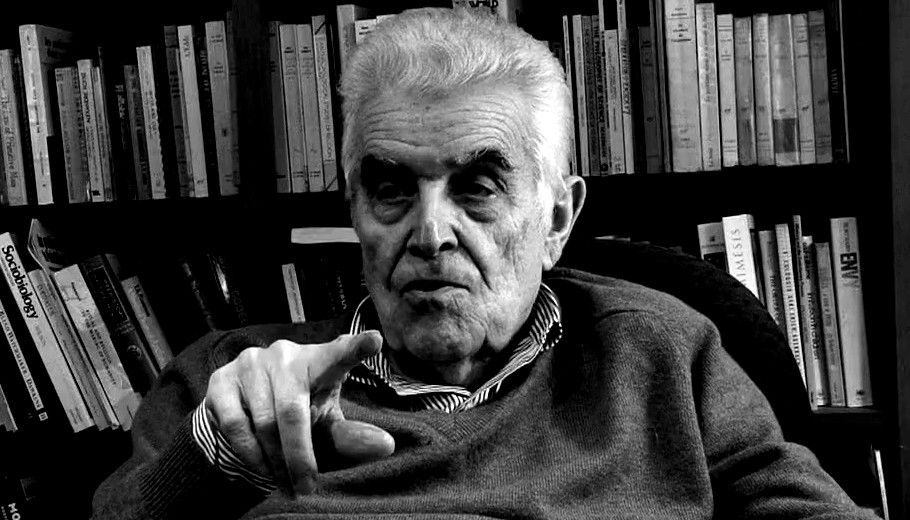What follows are programme notes for the “Conservative Song” segment of Radio Carpe Diem compiled by Dominik Giemza. The notes were produced for a broadcast of Monday, 20 January 2014, and form the basis of a live on-air discussion about conservative and traditionalist themes that can be inferred from items of popular music. Radio Carpe Diem is Australia’s only paleoconservative and traditionalist radio programme and can be accessed online or free to air at 88.9FM at 8:00pm to 10:00pm Mondays (Sydney, Australia). Readers’ comments are welcome here at SydneyTrads. Listeners are encouraged to tune in and engage in the discussion.
 Tonight we have a little fable about trees in a forest and their fight for equality by the Canadian rock band Rush. I have to admit that Rush is the most famous band that I have never heard of. It has been around since 1968 and is apparently the 79th most successful band in terms of USA sales (25 million records) and is estimated (according to Wikipedia) to have sold 40 million records in their career.
Tonight we have a little fable about trees in a forest and their fight for equality by the Canadian rock band Rush. I have to admit that Rush is the most famous band that I have never heard of. It has been around since 1968 and is apparently the 79th most successful band in terms of USA sales (25 million records) and is estimated (according to Wikipedia) to have sold 40 million records in their career.
What I also didn’t know (and you wouldn’t get this from listening to tonight’s song) is that several of the band members are serious followers of Ayn Rand and her concoction known as objectivism. So if we were being cautious we would say this is a song of interest to the conservative rather than a conservative song per se. However Neil Peart, the band’s lyricist says that there was no big metaphor for socialism here or a big “objectivist” message. Peart said (in a 1980 interview):
“No. It was just a flash. I was working on an entirely different thing when I saw a cartoon picture of these trees carrying on like fools. I thought, ‘What if trees acted like people?’ So I saw it as a cartoon really, and wrote it that way. I think that’s the image that it conjures up to a listener or a reader. A very simple statement”.
That simple statement is about equality and the trees are a device to get away from the distraction of human subject matter and instead debunking the desirability of universal equality by focussing on some really basic (and abstract) truths about equality. And debunking equality is something that as conservatives we would wholeheartedly agree with. So let’s see how this works. The first verse sets up the ‘cartoon’ scenario:
There is unrest in the forest,
There is trouble with the trees,
For the Maples want more sunlight,
And the Oaks ignore their pleas.
So what is unequal is access to sunlight and it looks like the Maples want more of it. We go on:
The trouble with the maples,
(And they’re quite convinced they’re right)
They say the oaks are just too lofty,
And they grab up all the light,
But the oaks can’t help their feelings,
If they like the way they’re made,
And they wonder why the maples,
Can’t be happy in their shade?
So it looks like the argument for equality here is rather subjective and is going (dare we say it) against a natural order. The Maples have convinced themselves they are right even if it is nature that made the Oaks taller and each have adapted to their own niches and can happily live without interfering with each other. One is an objective truth (the natural order of things) the other is a subjective desire (the want for more sunlight). And the Oaks indifference is not callous but rather a deference to something that arose organically over time immemorial (and that may be a pun on my part) and the immediate desires of a group that have decided they have been wronged somehow by the process. Of course the Oaks do not understand if someone is offended by their very nature and being.
There is trouble in the forest,
And the creatures all have fled,
As the maples scream ‘Oppression!’
And the oaks, just shake their heads.
So here we have the Maples finding a scapegoat for their own feelings of inadequacy and blaming the present generation for the way things have evolved. The language of “oppression” is very apt to the struggles we are seeing today against that same natural order. And this is the beauty of the caricature that has been chosen here – that it can apply universally to nature and in particular human nature and the challenge to it by so called “oppression” of race gender and class.
So the maples formed a union,
And demanded equal rights,
‘The oaks are just too greedy,
We will make them give us light’.
So here the caricature becomes its most pointed as we build up to the finale. What is interesting is that those demanding equality have made the decision unilaterally. They have used an organisation with democratic overtones, a union, to unilaterally impose their demands even if they are completely baseless (as we know the inequality is due to nature and not some unilateral decision of the Oaks). All the Maples have done is projected their own spite on the object of their struggle – somewhat hypocritically as greed is a subjective human emotion acting upon nature rather than accepting what it is. Greed is what subverts that order rather than submission to it which is interestingly something the modern day environmentalist would agree with.
Now there’s no more oak oppression,
For they passed a noble law,
And the trees are all kept equal,
By hatchet,
Axe,
And saw.
So in the finale we see the end result of this process. Imagined oppression is corrected through violence and destruction (and the concept of law perhaps implies an apparatus to enforce it). And what happens with this sort of equality? It’s not that the so called disadvantaged are brought up in some way but rather that those more lofty are cut down. And that is the conservative nugget – that a relentless devotion to equality not only ignores the natural order but ends up destroying any benefits of that order and replaces it not with something noble (note the sarcastic reference in the lyric) but something greedy, violent and destructive, something that makes the Maples no better off but destroys what had been before.
And if you think that this is just an Objectivist speaking perhaps you should read the story of Cain and Abel in the book of Genesis in the Bible. It seems that such a destructive quest for equality has been observed by the wisest and holiest of us for as long as we have been able to see our place in the world. And that is an objective (not an Objectivist) truth.
– Dominik Giemza
The writer is a legal practitioner and the co-host of Carpe Diem Radio’s regular segment: the “Conservative Song” . The above notes were drafted for a live and on air debate about conservative and traditionalist themes which can be found in popular music. Listeners can access Radio Carpe Diem either on air at 2RSR 88.9FM in the greater Sydney region, each Monday between 8:00pm and 10:00pm, or streaming live via TuneIn.com. Feedback is welcome.





You might also fancy listening to the song “Tom Sawyer” : [youtube=http://youtu.be/auLBLk4ibAk] Lyrics can be found at http://www.lyricsfreak.com/r/rush/tom+sawyer_20120001.html
Dear Sir
I had never heard of this song, but those lyrics are just great.
Well done!
Mark Moncrieff
Upon Hope Blog – A Traditional Conservative Future